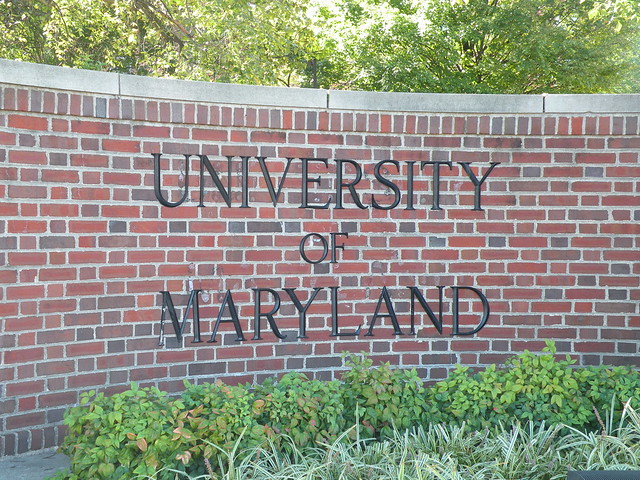In Whitehill v. Elkins, 389 U.S. 54 (1967), the Supreme Court struck down a Maryland loyalty oath that had been challenged by Whitehill, an employee of the University of Maryland. The oath required employees to certify, subject to prosecution for perjury, that they were not engaged in an attempt to overthrow the state or national government through force or violence.
Justice William O. Douglas’s majority opinion suggested that the law was not itself unconstitutional but that it was unconstitutionally vague when read in the context of the state’s Ober Act of 1957, which defined a “subversive” in a way that might include individuals committed to peaceful as well as to violent change.
Court: Loyalty oath at University of Maryland was ‘hostile to academic freedom’
Douglas observed that the First Amendment covered the right to petition the government and that Article 5 provids procedures for amending the Constitution. He argued, “The continuing surveillance which this type of law places on teachers is hostile to academic freedom…” He speculated that scholars attending international conferences where others favored overthrowing the government might be prosecuted after taking the oath.
He thus found “an overbreadth that makes possible oppressive or capricious application as regimes change.”
Dissent argued loyalty oath did not violate First Amendment
Justice John Marshall Harlan II authored a dissent, joined by Justices Potter Stewart and Byron R. White, arguing that Maryland had already conformed its loyalty oath to appropriate clarification in Gerende v. Board of Supervisors of Elections of Baltimore (1951). Accordingly, Harlan did not think that the oath violated either freedom of speech or association.
He observed that “the only thing that does shine through the opinion of the majority is that its members do not like loyalty oaths.” For his part, Harlan thought questions about the wisdom of such laws rested with the states.
John Vile is a professor of political science and dean of the Honors College at Middle Tennessee State University. He is co-editor of the Encyclopedia of the First Amendment. This article was originally published in 2009.

